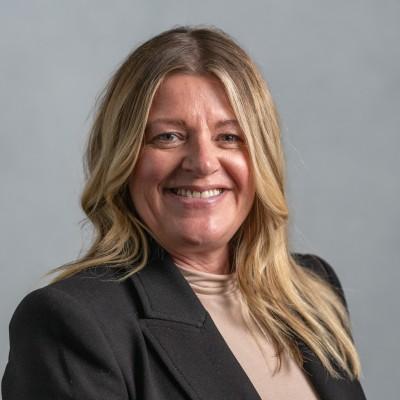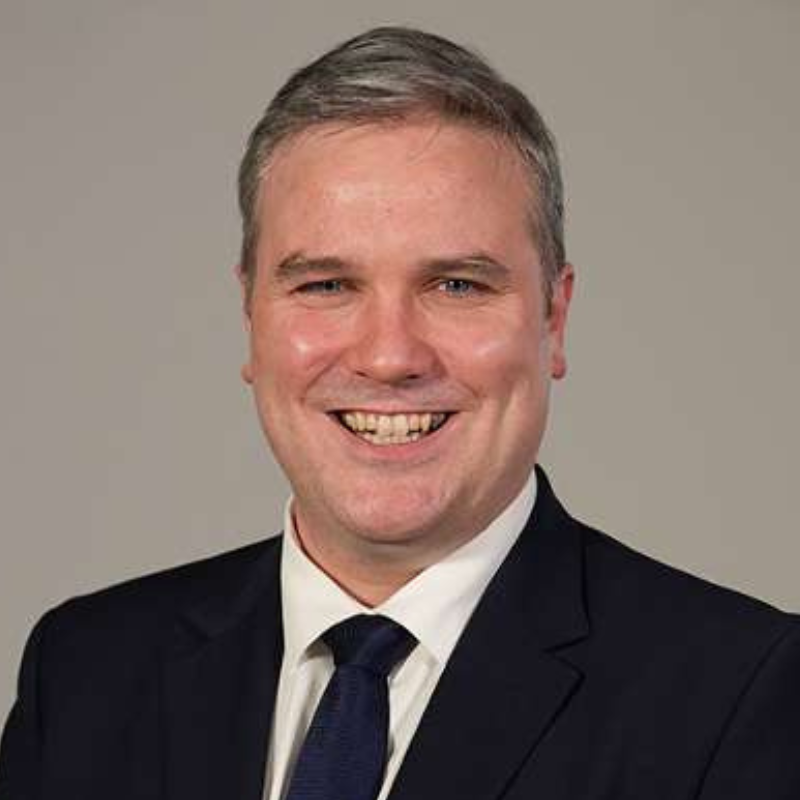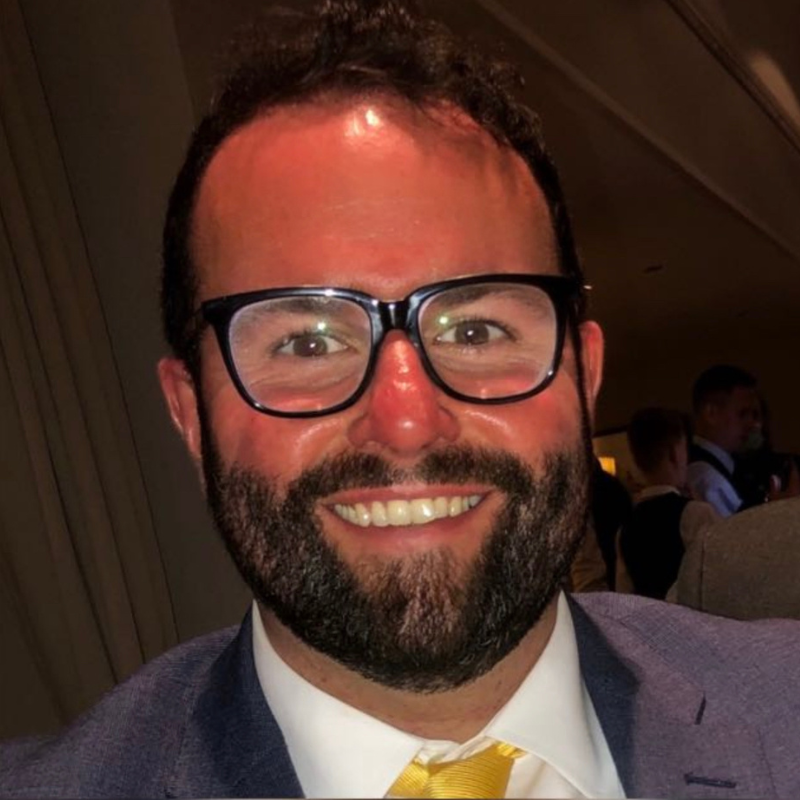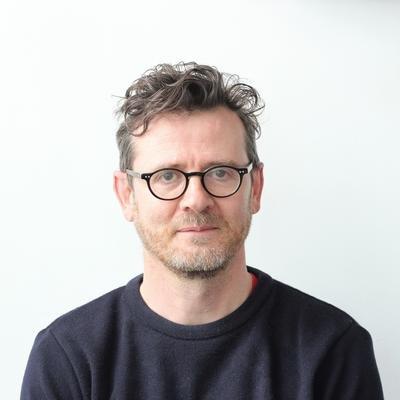
The Scottish Government is to introduce legislation during this parliament to encourage Community Wealth Building as Scotland's core approach to economic development. A consultation on the proposed Bill has just concluded. The aim is to enact new - or amend existing - laws to accelerate this form of economic development in Scotland. What is Community Wealth Building? How will it reform who takes decisions locally on what is spent - and on how, where and for what purpose? The Bill's aim will be to bring economic transformation and to create empowered, resilient local communities. Therefore, change is coming which will affect current decision makers in the public sector and their other sectoral partners. Who will lead decision making in the future and how will communities be involved in that process? How will this affect your organisation?
This will involve encouraging or compelling the public sector, in partnership with the private, third and community sectors to work differently. They would be expected to ensure that more wealth is generated, circulated and retained in communities and localities in Scotland. Radically new collaborative approaches to policy making, decision taking and community involvement will be required for a host of 'anchor' bodies. These include councils, health boards and economic development agencies - among others - in the public sector. The Scottish Government expects this approach to happen in partnership with the private, third and community sectors. This will mean substantial changes to how anchor organisations direct spending, support employment, manage land and property, encourage community ownership of assets and work with finance. How, therefore, will changes be achieved in the way our public spending, public services and economic development practices are delivered?
Tom Arthur MSP, Minister for Community Wealth and Public Finance, Scottish Government, has said: "Community wealth building is an internationally recognised approach to economic development which aims to ensure that more wealth is generated, circulated and retained in communities. It is a key tool to achieve our wellbeing economy vision by rewiring our economy for this generation and for future generations." The Scottish Government sees community wealth building as central to its economic development agenda and has recently completed a consultation exercise on the new legislation it wants to bring forward to support the delivery of this approach.
Communities, community involvement and locality based decision-making are at the heart of a whole range of current policy initiatives. Community wealth building legislation, review of the Community Empowerment Act, placemaking policy and ongoing discussion and models of community ownership and asset transfer are just some of the intersecting areas of current activity.
This conference looks at core challenges and opportunities in delivering community wealth building and associated measures. It considers the policy context in which this takes place and examines the implications faced by all affected bodies. It reflects on what would need to change, what works and what the potential outcomes of this process could be.
The conference examines these challenges in three sessions:
Topics to be discussed

Managing Director of Recruitment and Executive Director
Commercial Services Group

Minister for Social Care and Mental Wellbeing
Scottish Government

Head of Communications
Citizens Advice Scotland

Emeritus Professor of Management
Queen Margaret University

Associate Director – Place, Housing & Economic Investment
Scottish Futures Trust

Global Lead for Community Wealth Building
The Democracy Collaborative

Chief Executive
Development Trusts Association Scotland
09:15 Chair's opening remarks
Richard Kerley, Emeritus Professor of Management, Queen Margaret University and Co-Chair: Centre for Scottish Public Policy
QMUniversity
RichardKerley
Session 1: Communities, wealth and empowerment – the context
09:20 Keynote speaker
Tom Arthur MSP, Minister for Community Wealth and Public Finance, Scottish Government
scotgov
09:35 Question and answer session
09:45 What do communities really need – wealth building, asset transfers, empowerment and planning
Kieron Higgins, Head of Communications, Citizens Advice Scotland
CitAdviceScot
10:00 Question and answer session
10:10 Comfort break
Session 2: What works?
10:25 Learning from lived experience in community wealth building
Neil McInroy, Global Lead for Community Wealth Building, The Democracy Collaborative
DemocracyCollab
nmcinroy
10:40 Collaborative models and examples in keeping it local
Helen Archer-Lock, Managing Director of Recruitment and Executive Director at Commercial Services Group (CSG)
10:55 Question and answer session
11:10 Comfort break
Session 3: Addressing risks and rewards
11:25 Communities in ownership – asset transfers, stability and steering
Pauline Smith, Chief Executive, Development Trusts Association Scotland
DTAScot
11:40 Placemaking – how can we bring it all together?
Diarmaid Lawlor, Associate Director – Place, Housing & Economic Investment, Scottish Futures Trust
SFT_Scotland
UrbScotland
11:55 Question and answer session
12:10 Chair's closing remarks
Richard Kerley, Emeritus Professor of Management, Queen Margaret University and Co-Chair: Centre for Scottish Public Policy
QMUniversity
RichardKerley

Helen Archer-Lock
Managing Director of Recruitment and Executive Director
Commercial Services Group
Helen the Managing Director of Recruitment and Executive Director at Commercial Services Group (CSG).
She was pivotal in setting up the division for Kent County Council in 2003 and has provided a recruitment managed service for contingent agency, contract, and interim staff to the council since 2008. Helen also sits on the Boards of each of the CSG market leading recruitment and people management Joint Ventures. This year alone, Helen’s businesses will return £3m to their local government shareholders for reinvestment in front line services.
Close to Helen’s heart is both profit with a purpose and the support each of her businesses provides to local employability and economy.

Tom Arthur MSP
Minister for Social Care and Mental Wellbeing
Scottish Government
Born in Paisley in 1985, he was first elected to the Scottish Parliament for the seat of Renfrewshire South at the 2016 election, holding the seat in 2021. He joined the Scottish Government as Minister for Public Finance, Planning and Community Wealth in May 2021.
Mr Arthur was raised in Barrhead, East Renfrewshire, where he was educated at Cross Arthurlie Primary and Barrhead High School. He graduated with a Bachelor of Music then later Master of Music from the University of Glasgow. Before entering politics, he worked as a company director, freelance piano teacher and keyboardist. He was appointed as Minister for Community Wealth and Public Finance in March 2023 and Minister for Employment and Investment in May 2024.

Kieron Higgins
Head of Communications
Citizens Advice Scotland
Kieron Higgins is Head of Communications at Citizens Advice Scotland. Kieron joined CAS in 2019 oversees media and stakeholder relations, digital communications, campaigning work and network communications. Prior to joining CAS Kieron worked in Scottish politics for decade, across Holyrood and Westminster.

Richard Kerley
Emeritus Professor of Management
Queen Margaret University
Professor Richard Kerley is Professor of Management at QMU with a specific interest in public service management. He was previously at the University of Edinburgh and the Scottish Local Authorities Management Centre, University of Strathclyde . He has also been a visiting scholar at Yale University. Before entering academic life, Richard worked in advertising, hospitality and in prison education. He also worked for four different councils, in adult education and then latterly in staff and management development.
He is currently also a Non-Executive Director with Mainstreet Consulting and a Trustee of the Centre for Scottish Public Policy 2021. He has been on the board of various companies, charities, and arts organisations.
Richard is the author of various books, research papers, academic journals, and numerous articles in the quality print media. His most recent publications include an edited book on International Local Government, and he is currently working on a taxonomy of international local government.
Richard chaired the Working Party on Renewing Local Democracy; the report of which was published in July 2000, and which was legislated for in June 2004 as the Local Governance Act. He has carried out research projects supported by the Joseph Rowntree Foundation, Scottish Consumer Council, Alcohol Scotland, The Accounts Commission Scotland, Tayside, Edinburgh and Fife Councils, the Association of MBAs, and the Scottish Government. He has been engaged in consultancy projects by government; local governments; government agencies; voluntary organisations and international education providers.

Diarmaid Lawlor
Associate Director – Place, Housing & Economic Investment
Scottish Futures Trust
Diarmaid is the Associate Director for Place, Housing & Economic Investment at the Scottish Futures Trust.
He was previously Head of Urbanism with Architecture and Design Scotland. An urbanist, with a multi disciplinary background, he has worked on projects involving the shaping and implementation of change for clients in Ireland, the UK and Europe, for the public, private and tertiary sectors. He has almost 20 years' experience of helping clients make well informed decisions about complex, connected urban policy and investment challenges. He is an educator, communicator and collaborator who writes and speaks on creative approaches to making better places.

Neil McInroy
Global Lead for Community Wealth Building
The Democracy Collaborative
Neil McInroy is The Democracy Collaborative’s global lead for community wealth building. He has been involved in progressive economic and public policy for more than 25 years. Named as one of the most influential people in local government in the UK, Neil has collaborated with a range of local, regional, state and national governments across Europe, Asia, North America, and Australasia. He is presently a community wealth building adviser to the Scottish Government.
For the past two decades, Neil has served as the CEO of the progressive “think and do” tank Centre for Local Economic Strategies (CLES), based in Manchester, UK. Alongside a range of pioneering economic policy and practice work in UK and beyond, Neil was instrumental in leading the organizations activity on community wealth building (CWB). This included a critical role in the development of the “Preston model” and the subsequent advancement of a range of tools and expertise that has seen CWB grow in many locations across the UK.
Neil has been a friend and partner of TDC for many years and now works closely with the TDC team, helping to refine and develop technical delivery, including deep-dive partnerships with several local and state governments in the US. He also assists with the wider global rollout of CWB.

Sponsor: Commercial Services Group
Commercial Services Group (CSG) is one of the largest, local authority owned, trading organisations of its kind in the UK.
Since its inception over 90 years ago as the supplies division of Kent County Council, it has grown organically to become one of the leading suppliers of products and services to the education and public sector, serving over 15,000 customers in 85+ countries.
CSG is the umbrella for all its trading brands, it provides the support, dependability, and security to allow all brands to thrive independently. CSG are committed to providing an excellent customer and user experience underpinned by social value and a committed and empowered workforce.
This conference will take place online.
How to book
You can book to attend, or order the video only, in 3 ways:
Conference fees
Group discount – organisations booking 3 or more delegates will receive every third delegate place free of charge (please complete further forms if necessary)
Payment
We do not currently accept payments online and will send you an invoice.
You have the option of paying by BACS or card.
BACS details will be included on the invoice.
If you wish to pay by card, please tick the appropriate box on the booking form and a member of our staff will contact you by telephone to take the payment. Alternatively you may call 0131 556 1500.
Terms and conditions
By placing this booking, you agree to the full terms and conditions found via the link at the foot of our website.
Book delegate places or purchase video recording.

